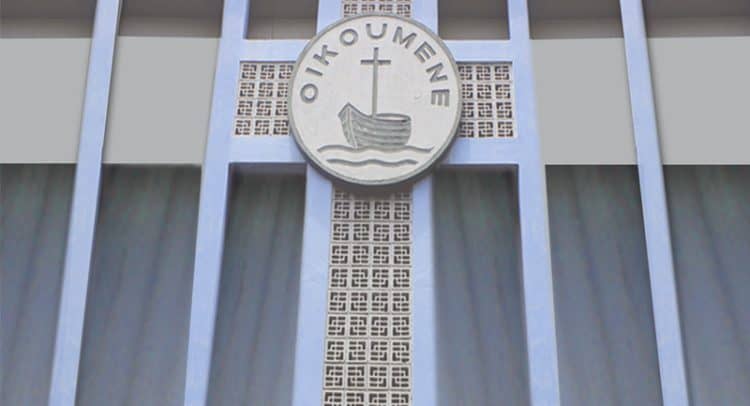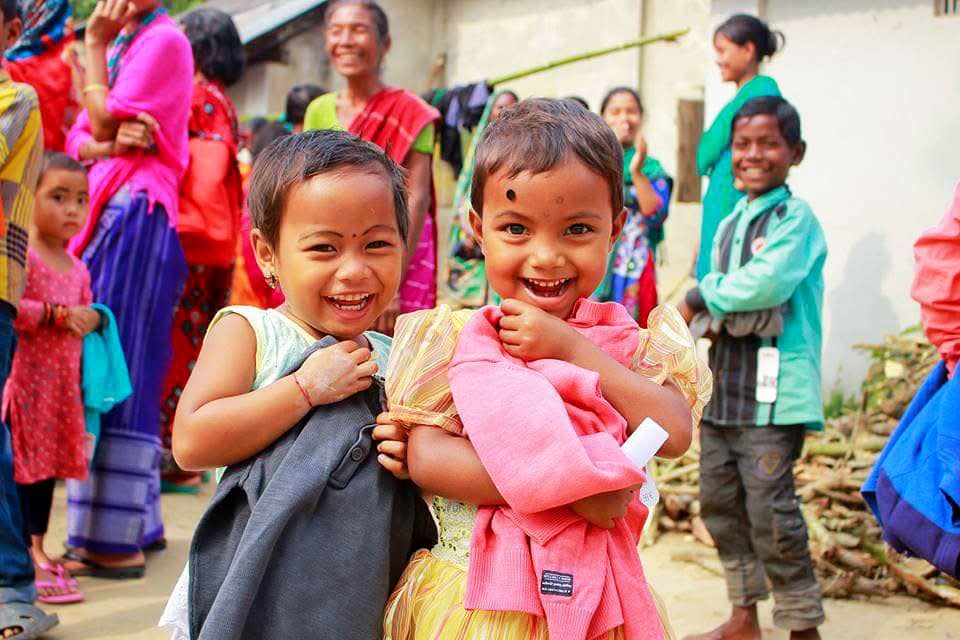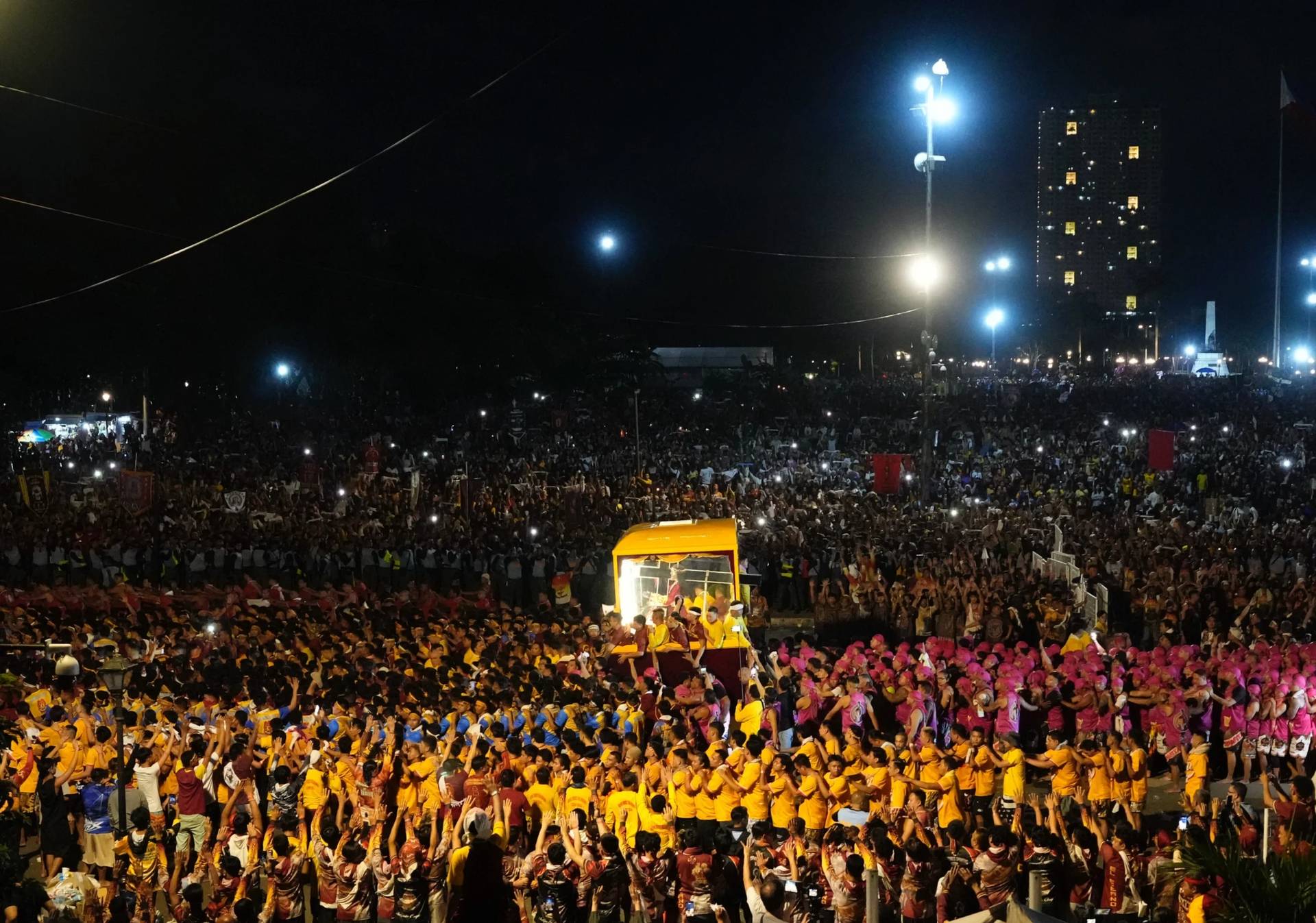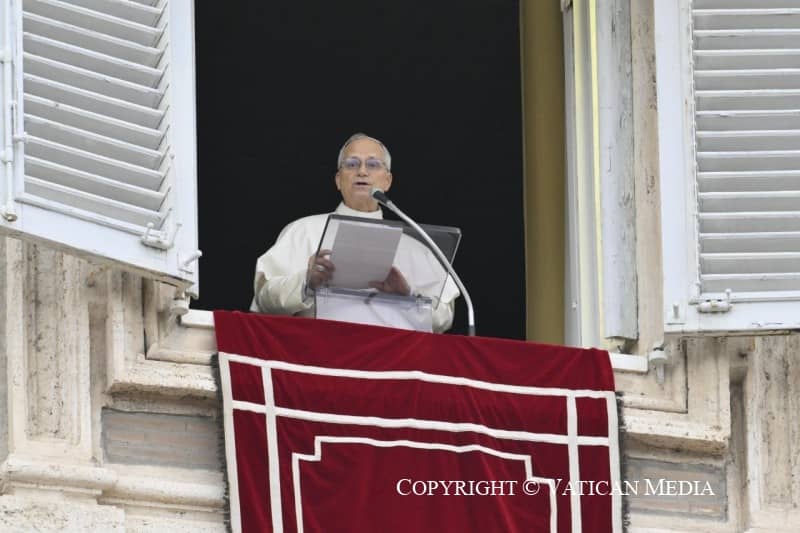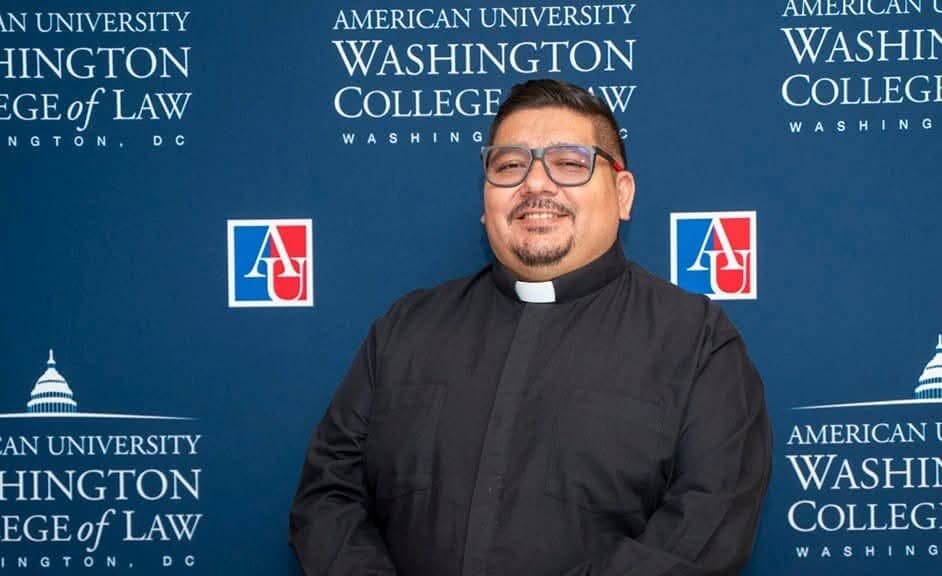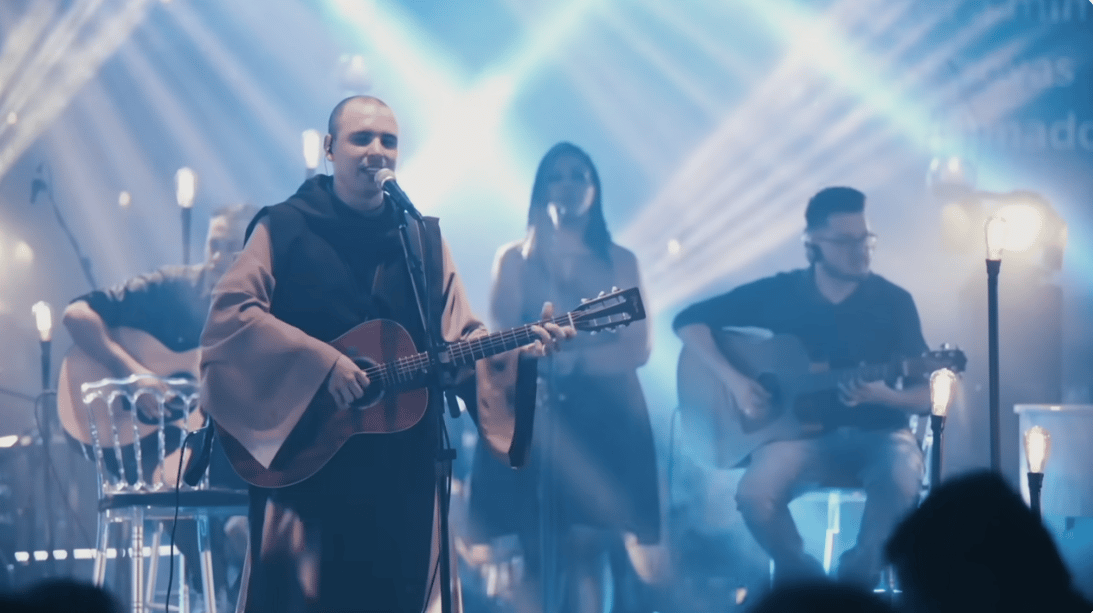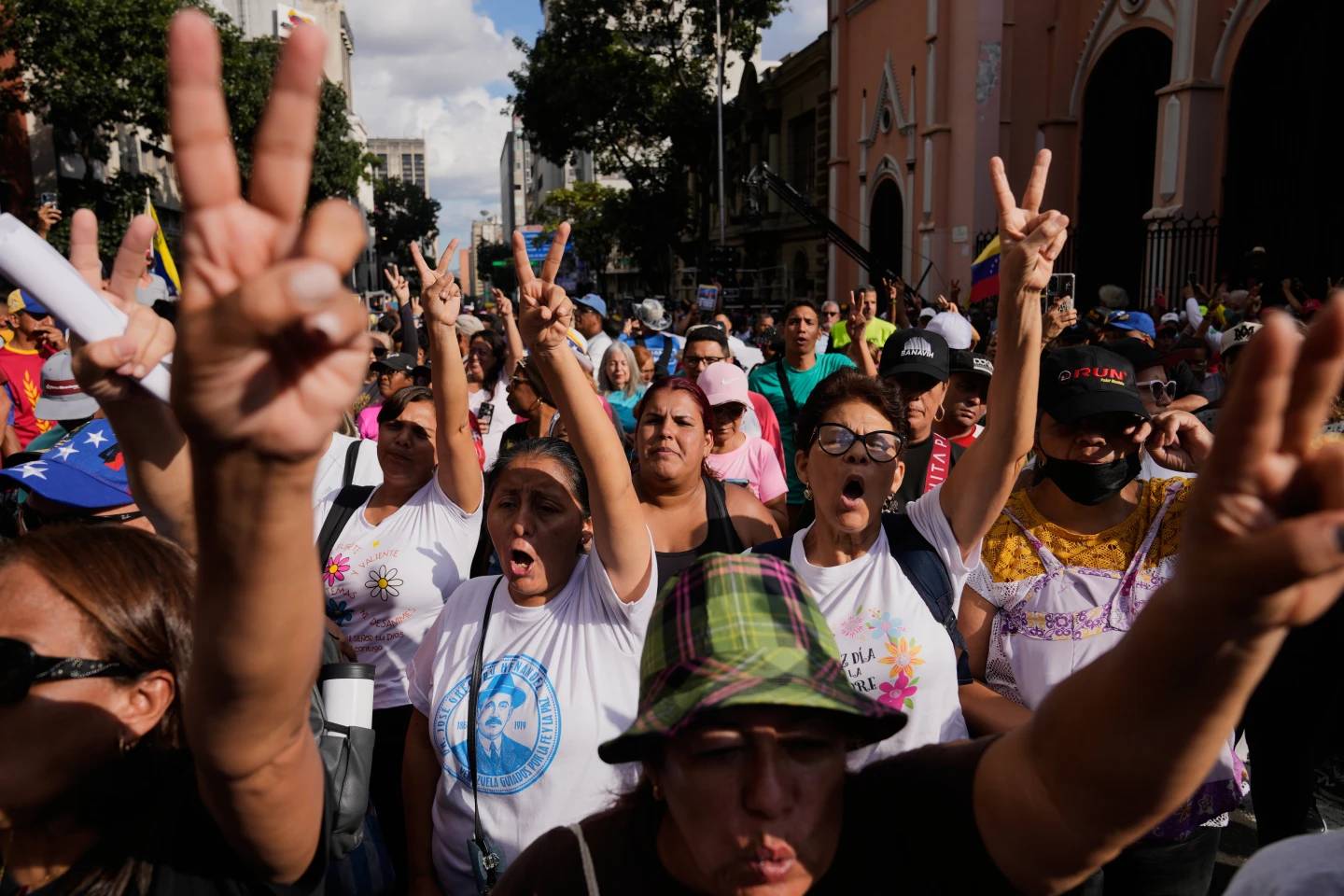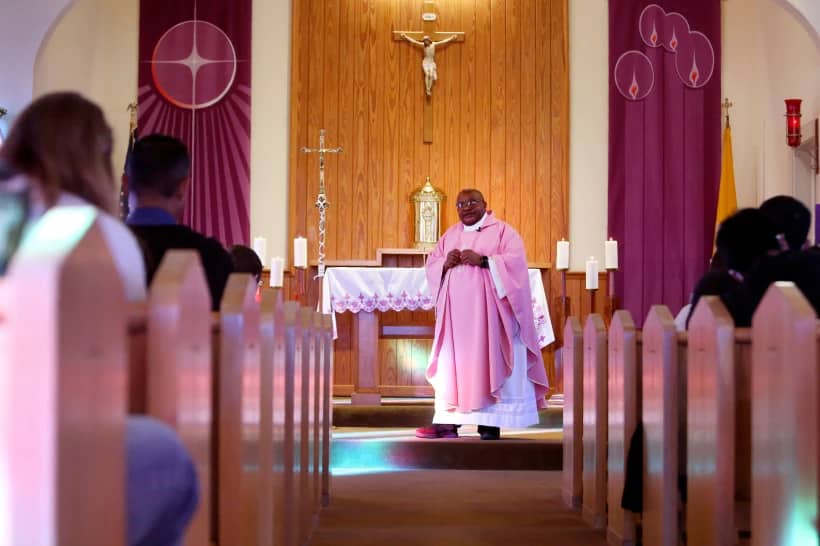ROME – Days after the shooting of former Japanese Prime Minister Shinzo Abe, and as the war in Ukraine rages on, Japan’s bishops have issued statements condemning the violence and urging leaders to prioritize efforts for dialogue and peace.
Calling the assassination of Abe on Friday a “sad shock,” the bishops, in a July 12 statement, said: “Attempting to achieve one’s own will by committing violence against life is a challenge to God, the creator of life.”
“Christians who believe that God has given life, it is a gift that must be protected from its beginning to its end,” they said, stressing the importance of human dignity and of showing both support and solidarity to those in difficulty.
“It is natural that when many people exercise freedom to better their lives there are differences in opinions, thinking, and ways of living,” the bishops said. “No one can suppress those differences by force, much less by violence.”
Whatever the motives of Abe’s assassination, “we must pray and act in the hope for a society dominated by God’s mercy, where mutual compassion and support will be realized, rather than a society dominated by violence,” they said.
Abe died at local hospital after being shot twice while giving a speech on a street in the Japanese city of Nara the morning of July 8. His speech was part of a political campaign for his former party, the Liberal Democratic Party, ahead of upper house elections set for later this week.
According to Japanese media reports, the 41-year-old assassin, Tetsuya Yamagami, killed Abe because he blamed Abe’s grandfather, another former leader of the country, for aiding the expansion of the Unification Church founded by Korean Rev. Sun Myung Moon. According to police sources, Yamagami held the church responsible for difficulties within his family.
Japan’s longest-serving prime minister, Abe held office in 2006 for a year and then again from 2012-2020, before stepping down; he cited health reasons for his departure.
In a separate statement published July 11, ahead of Japan’s annual “Ten Days of Prayer for Peace” initiative, Isao Kikuchi, the Archbishop of Tokyo and president of the Catholic Bishops’ Conference of Japan, said the year 2022 has so far been one in which “peace has been violently trampled.”
“The dignity of life is neglected, and its protection has been shoved aside,” Kikuchi said. “We will enter our Ten Days of Prayer for Peace this year in the midst of a new crisis for life.”
Since 1982, the period from Aug. 6, the day Hiroshima was bombed, until Aug. 15, the day on which Japan surrendered in World War II, has been observed in the Japanese church as “Ten Days of Prayer for Peace.”
In his message, Kikuchi pointed to Pope Francis’s frequent appeals for the world to emerge from the coronavirus pandemic “in a better state than before.”
“However, over the past six months what has unfolded before our eyes has not been harmony, diversity, or solidarity, but confrontation, exclusion, and violence,” he said. “As the world faces a pandemic this is no time to engage in war.”
“But world leaders’ thoughts seem to differ from ours,” he said, saying Russia’s invasion of Ukraine “shocked the world as a violent act of a major power that trampled on the growing efforts of the international community in its search for peace.”
The war to this day “continues to unfold without regard for the wishes of so many people who want to protect life and seek peace,” he said.
Kikuchi said COVID-19 taught the world the importance of supporting one another and of caring for life, and that solidarity “is the best way to protect life.”
Peace, he said, “is not simply the absence of conflict, but a situation in which the various factors of society where conflict might occur are removed and life is lived in mutual support.”
“But when we are touched by the many people who are violently deprived of life by war and our hearts are overwhelmed by the unreasonableness of it all, the fear and anger that arise push compassion and support out of our emotions,” he said.
At the moment, Kikuchi said the world is seduced by the belief “that peace can be won through violence.” However, “that would only trample on true peace,” he said.
War, Kikuchi said, is so powerful that it drives other crises from peoples’ minds, such as refugees who have been forced from their homes either due to violence, poverty, or political or religious persecution.
“These are among the many issues in the world related to human life that have been neglected for many years,” Kikuchi said. “There are people around us who are victimized by laws and beg for help.”
Life, he said, must be protected from beginning to end, and it is humanity’s task to “promote eco-justice, aware that we are called to defend human life from conception to death, and all forms of life on Earth.”
Kikuchi closed his message arguing that “peace without violence is possible,” and asked the faithful to use the Ten Days to “take action to proclaim the solidarity that creates peace.”
Follow Elise Ann Allen on Twitter: @eliseannallen






